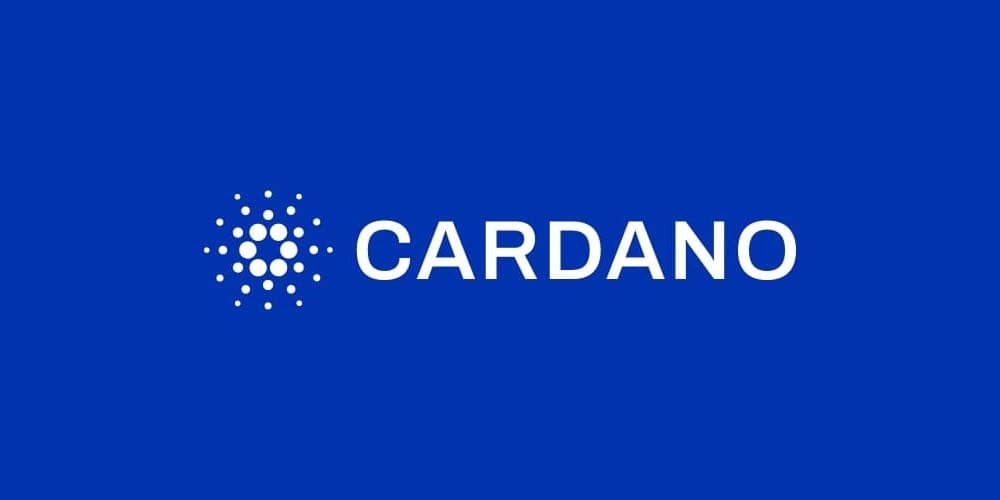The world of finance is undergoing a revolution, and DeFi (Decentralized Finance) is at the center of it all. But what exactly is DeFi, and why is it transforming how we think about money? In this guide, we’ll break it down into simple terms, so you can understand its core principles and why it matters.
What is DeFi?
DeFi stands for Decentralized Finance, a financial system built on blockchain technology that operates without traditional intermediaries like banks or brokerages. Instead, it uses smart contracts—self-executing agreements written in code—to enable financial transactions directly between users.
Imagine being able to borrow, lend, trade, or earn interest on your money without ever stepping into a bank or relying on a centralized institution. That’s DeFi in action.
Key Concepts of DeFi
To grasp the essence of DeFi, let’s break it into its key components:
- Decentralization
Traditional finance relies on centralized entities (like banks) to facilitate transactions and manage funds. DeFi, on the other hand, uses blockchains to distribute control across a network of users, eliminating the need for middlemen. - Smart Contracts
These are programmable contracts that execute automatically when predefined conditions are met. For example, a smart contract can automatically transfer funds to a lender once a borrower repays their loan, without requiring manual intervention. - Transparency
All DeFi transactions are recorded on public blockchains, making them auditable and visible to anyone. This fosters trust and accountability. - Borderless Access
DeFi is accessible to anyone with an internet connection and a crypto wallet, offering financial services to individuals in underbanked or unbanked regions.
How DeFi Differs from Traditional Finance (TradFi)
| Feature | Traditional Finance (TradFi) | Decentralized Finance (DeFi) |
|---|---|---|
| Intermediaries | Banks, payment processors, brokers | No intermediaries; peer-to-peer |
| Accessibility | Limited by geography and banking status | Global and open to anyone with the internet |
| Transparency | Limited, controlled by institutions | Fully transparent, on public blockchains |
| Speed | Days for cross-border transactions | Minutes or seconds |
| Control | Centralized authority | User-controlled |
Why is DeFi Important?
DeFi is reshaping the financial landscape by:
- Empowering individuals: Users have full control of their assets without relying on centralized institutions.
- Increasing financial inclusion: DeFi opens the door to financial services for billions who lack access to traditional banking.
- Fostering innovation: DeFi platforms are creating new financial tools, such as yield farming and decentralized exchanges, that were previously unimaginable.
Real-World Examples of DeFi
Here are a few ways people use DeFi today:
- Lending and Borrowing: Platforms like Aave and Compound allow users to earn interest on their crypto or take out loans without credit checks.
- Trading: Decentralized exchanges (DEXs) like Uniswap let users trade cryptocurrencies directly with each other, without needing a centralized exchange.
- Stablecoins: Cryptocurrencies like DAI provide price stability, enabling users to transact in a digital dollar equivalent.
Conclusion
DeFi is revolutionizing the financial industry by providing an open, decentralized alternative to traditional banking systems. Whether you’re interested in earning passive income, accessing financial services globally, or simply learning about cutting-edge technology, DeFi offers opportunities like never before.
Are you ready to explore this exciting new frontier? Check out our other guides to learn how to get started with DeFi and make your first move in the decentralized world.
Stay tuned for more insights into DeFi, blockchain, and the future of finance on our blog!





Comments